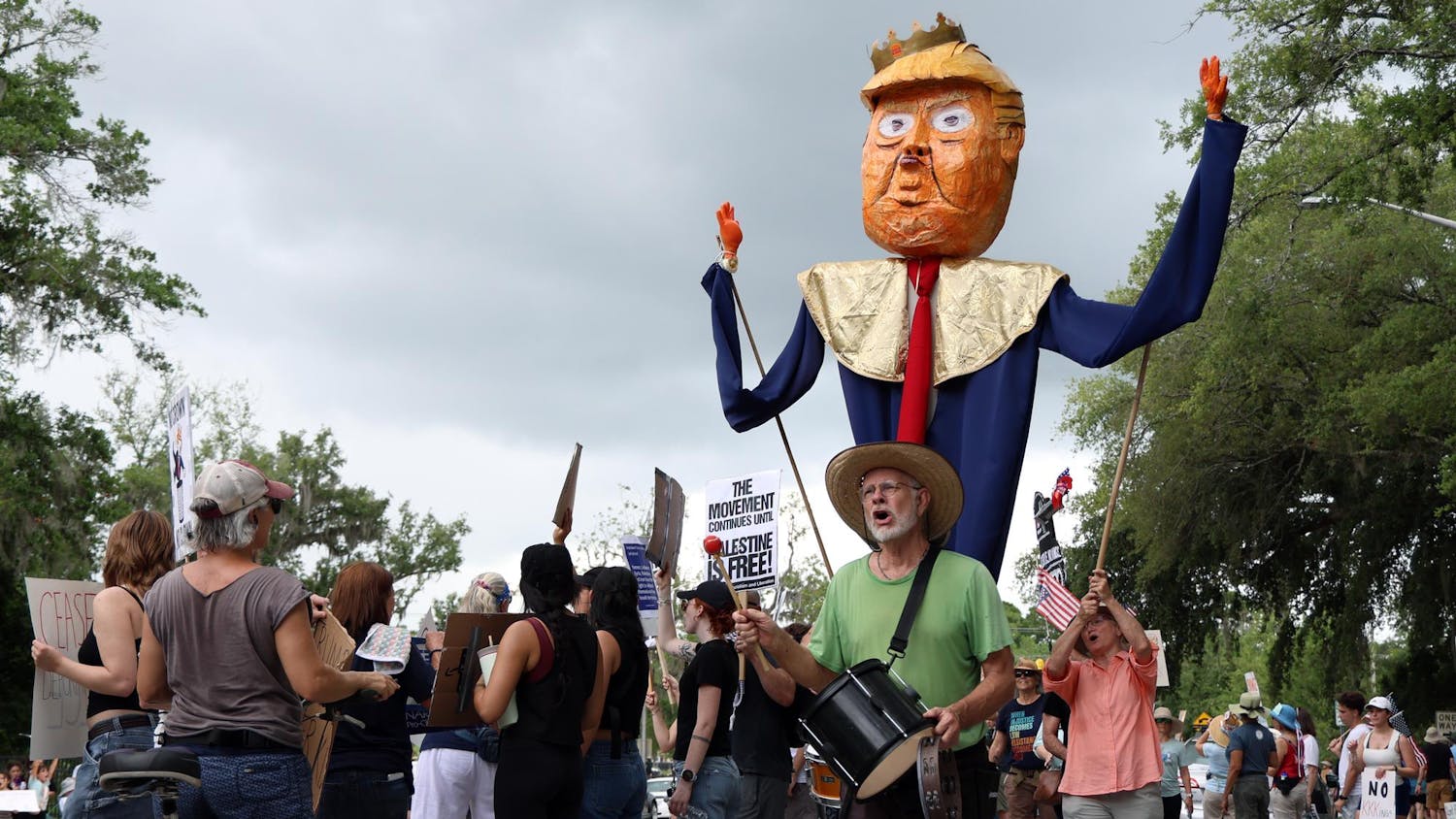Venezuela is in the international spotlight because of recent violent anti-government protests, which have garnered attention through social media. This past weekend, my news feed was filled with posts sharing a video titled, “What’s going on in Venezuela in a nutshell” and hashtags like #prayforvenezuela. I was immediately reminded of the frenzy involved with KONY 2012 in which people became “experts” on Uganda overnight.
The one-sided video about Venezuela portrays the country as undemocratic and a place of tyranny. It ignored the fact that Nicolás Maduro and Hugo Chávez were democratically elected and that Venezuela had a voter turnout of about 80 percent in the October 2012 election when Chávez was re-elected; something that seems impossible in American national elections. Elections in Venezuela are also monitored by the Carter Center, which has called the elections there some of the freest in the world. Claims that Maduro doesn’t have a mandate seems to be simply rhetoric for those wanting a regime change with a more pro-western, neo-liberal president.
A common response to election results is that the poor and uneducated were bribed because democracy can only exist when the party a country’s elite supports is in power.
There are plenty of Americans who question the legitimacy of the Obama administration, and if they were mobilized in a violent manner and called for a coup, the response from our government would be militant. America has a history of involvement in Latin America: The CIA supported a failed coup attempt in Venezuela in 2002 that largely failed because the Venezuelan masses rallied beyond Chávez.
The video and anti-Maduro slacktivists fail to mention the near-elimination of extreme poverty since 2002 and increased access to doctors and education. Also, the price controls that free-market enthusiasts complain about allow the poor to access food despite inflation.
In addition, they failed to mention that the Venezuelan state owns about 5 percent of the media, and nine out of the top-10 newspapers are anti-Chávez. So, claims that the press isn’t free or that Maduro wins elections through propaganda don’t add up.
People oppose the nationalization of Venezuelan oil, rent controls and higher taxes because those policies benefit the oppressed and not one demographic or social class. When nations focus on redistributing wealth through nationalizing resources, questions of whether a country is free or democratic arise.
So I am praying for Venezuela. I’m praying that the Bolivarian Revolution continues and that neo-liberal policies that only benefit a certain class are stopped. I’m praying that, in this country, our government actively fights against poverty and the oppression of black and brown people.
I pray that our country stops its imperialist policies that destroy the self-determination of nations in the global south and extracts their wealth.
[Eric Brown is a UF political science junior. A version of this column ran on page 7 on 2/25/2014 under the headline “Viral video is one-sided"]





